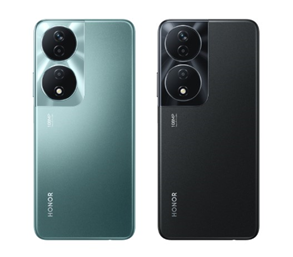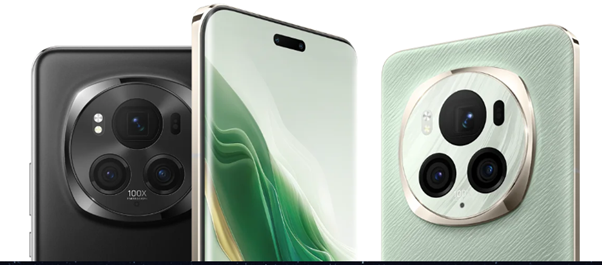Thin-Film
Transistor Liquid Crystal Display (TFT LCD) technology has revolutionized the
display industry, offering a multitude of advantages over traditional display
technologies. From enhanced image quality to energy efficiency, TFT LCDs have
become ubiquitous in various applications ranging from smartphones to TVs and
industrial monitors.
Exploring Advantages of TFT LCD
Vivid and Sharp Images
One
of the standout advantages of TFT LCDs is their ability to produce vivid and
sharp images. Each pixel in a TFT LCD display is controlled by its own
transistor, allowing for precise manipulation of brightness and color. This
results in crisp images with vibrant colors and high contrast ratios, making
TFT LCDs ideal for applications where visual clarity is paramount.

Wide Viewing Angles
Unlike
older display technologies such as TN (Twisted Nematic) panels, TFT LCDs offer
wide viewing angles, ensuring consistent image quality regardless of the
viewer's position relative to the screen. This is particularly important for
larger displays and applications where multiple viewers may be present, such as
TVs or digital signage.
Energy Efficiency
TFT
LCDs are known for their energy efficiency compared to other display
technologies. The use of thin-film transistors allows for precise control over
each pixel's power consumption, ensuring that only the necessary pixels are
activated at any given time. This results in lower power consumption overall,
making TFT LCDs an environmentally friendly choice for displays.
Slim and Lightweight Design
The
thin and lightweight design of TFT LCDs makes them highly versatile and
suitable for various applications where space is limited or weight is a
concern. From sleek smartphones to slim laptops, TFT LCDs enable manufacturers
to create devices that are both portable and aesthetically pleasing without
sacrificing display quality.
Versatility and Customization
TFT
LCD technology offers a high degree of versatility and customization, allowing
manufacturers to tailor displays to meet specific application requirements.
Whether it's adjusting the size, resolution, or aspect ratio, TFT LCDs can be
customized to suit various devices and applications, making them an ideal
choice for a wide range of products.
Durability and Longevity
TFT
LCD displays are renowned for their durability and longevity, making them
suitable for demanding environments such as industrial applications or outdoor
displays. With proper care, TFT LCDs can withstand shock, vibration, and
extreme temperatures, ensuring reliable performance over an extended period.
Cost-Effectiveness
Despite
their advanced features and capabilities, TFT LCD displays remain
cost-effective compared to alternative technologies such as OLED (Organic
Light-Emitting Diode). The widespread adoption of TFT LCD manufacturing
processes has led to economies of scale, driving down production costs and
making TFT LCDs accessible to a broad range of consumers and industries.
Fast Response Times
Another
advantage of TFT LCD technology is its fast response times, which is crucial
for applications involving dynamic content such as gaming or fast-paced video
playback. TFT LCDs can switch pixels on and off quickly, reducing motion blur
and ghosting effects, resulting in smoother and more fluid motion on the
screen. The HONOR 90 Smart 5G features a 6.8-inch TFT LCD screen with a refresh rate of up to
90Hz, providing users with a comfortable viewing experience.

Conclusion
In
conclusion, TFT LCD technology offers a myriad of advantages that have made it
the preferred choice for displays across various applications. From vibrant
image quality and wide viewing angles to energy efficiency and durability, TFT
LCDs continue to push the boundaries of what's possible in display technology.
As advancements in TFT LCD technology continue, we can expect even more
innovative features and improvements, further solidifying its position as the
leading display technology for years to come.



